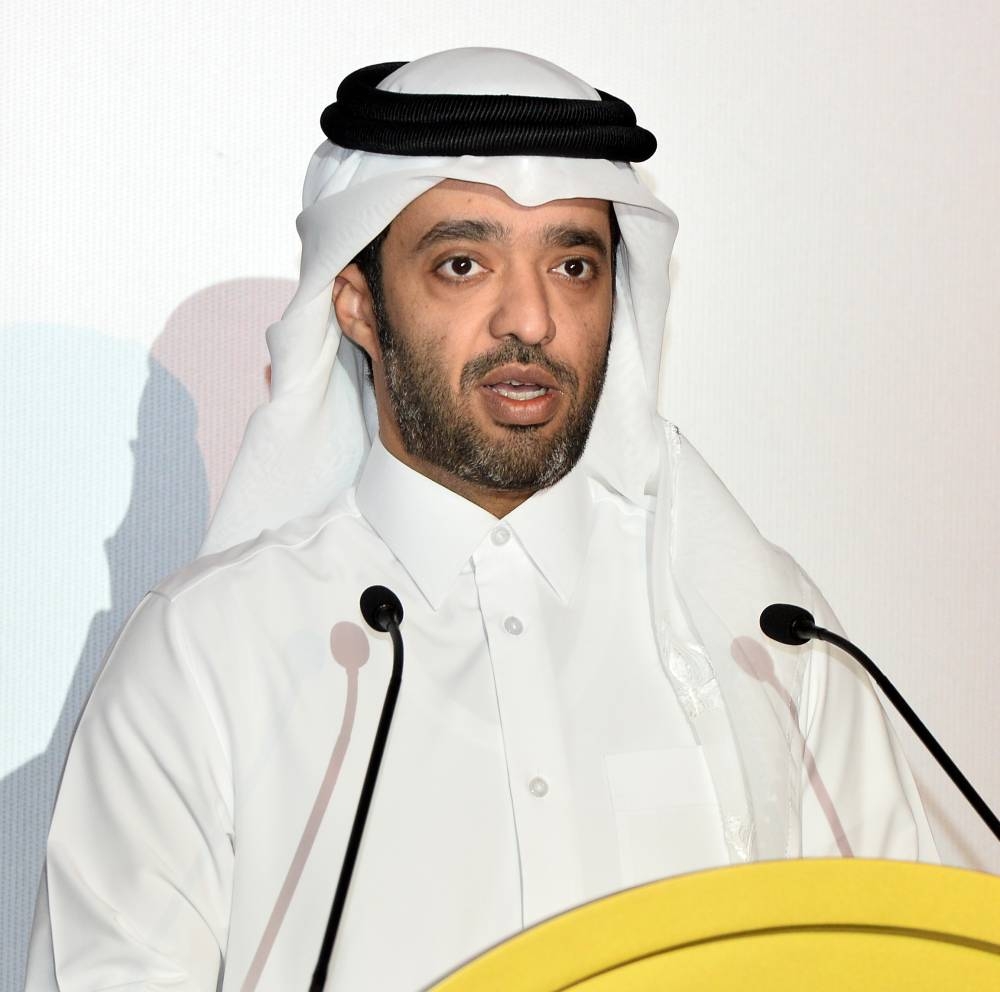
Qatar plans to liberalise its hospitality industry to build on the record number of tourists thronging the nation since it hosted the FIFA World Cup in 2022.
“We will try to liberate the hospitality sector and remove any obstacles,” Saad bin Ali al-Kharji, the chairman of Qatar Tourism, said in an interview in Dubai last week. “We have many restrictions on hotels regarding operating hours and licensing,” he said.
Qatar’s tourism industry has defied predictions of a hard landing after the quadrennial tournament on which it spent more than $300bn. It welcomed 4mn visitors in 2023, a 39% increase over the World Cup year.
This year has also started on a strong note, with capital Doha clocking a record 700,000 visitors in January, as it hosted the AFC Asian Cup soccer tournament, al-Kharji said. The city, which has an estimated 39,000 hotel rooms, had an occupancy rate of 75% in the first quarter, according to the authority.
About 44% of tourists came from neighbouring Gulf nations, he said, while arrivals from Europe, the US and Asia have also surged.
In addition to hosting the Middle East’s first-ever FIFA World Cup, Qatar owns a majority stake in Paris Saint-Germain — one of France’s top soccer clubs. It also has a permanent spot on the Formula 1 racing calendar under a 10-year deal that started in 2023. Doha will host the FIFA Arab Cup next year and the FIBA Basketball World Cup in 2027.
While the sporting events have helped draw thousands of fans, al-Kharji said Qatar is now aiming to lure families, medical tourists, and business travellers with a line-up of conferences and exhibitions.
The Qatar Economic Forum, Powered by Bloomberg, will bring leaders from politics and finance to the city this week.
Qatar will host the Geneva International Motor Show in Doha every two years over the next decade. The 2023 edition was the first time the high-profile event was held outside Switzerland.
Al-Kharji said the Web Summit, which brought 17,000 people to the city in February and will be held in Qatar for the next four years.
Gas-rich Qatar is also rolling out an increasingly busy calendar of art, design and fashion events as part of the push to reach its target of 6mn international visitors annually by 2030, almost three times the number in 2019.
Qatar also wants the tourism industry to contribute 12% to its gross domestic product by 2030.
Its regional peers too have similar ambitions. The UAE aims to raise the sector’s contribution to the GDP to $122bn by 2031, while Saudi Arabia’s investing $1tn to promote itself as a destination.
“The World Cup affected the whole region and we see the Gulf Cooperation Council as one destination,” al-Kharji said, when asked about the growing competition among Gulf countries for tourists.
Qatar recently partnered with Saudi Arabia for a “double your discovery” campaign that allows visitors to explore both countries in a single trip. A new Schengen-style visa, which will grant tourists access to all six GCC nations, is in the final stages of approval.
“Every nation in the GCC is growing its tourism, and we will complement each other,” he said.
